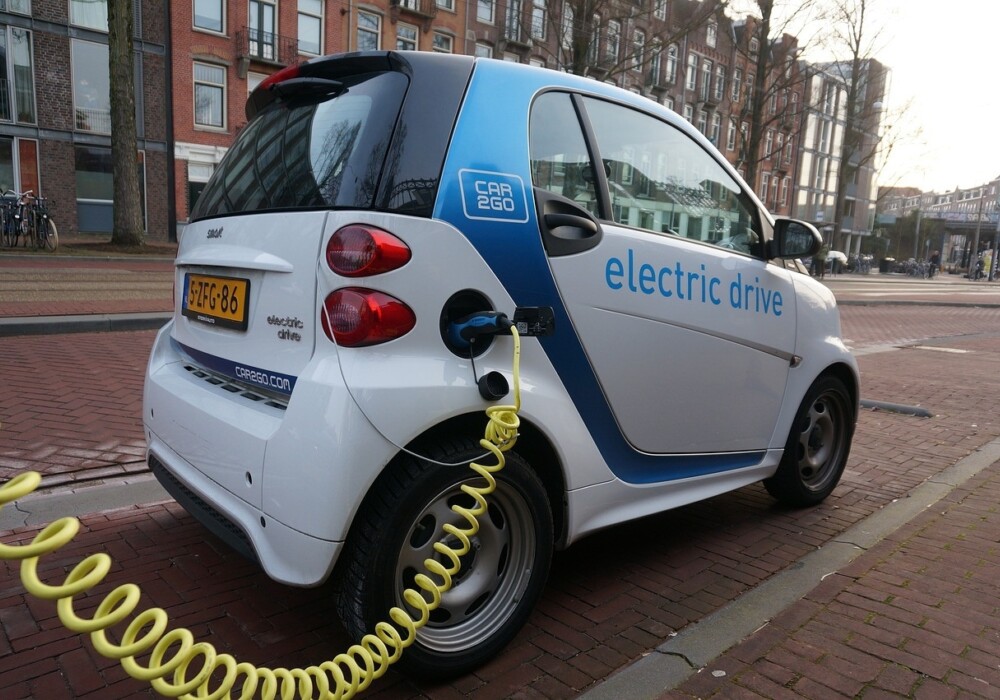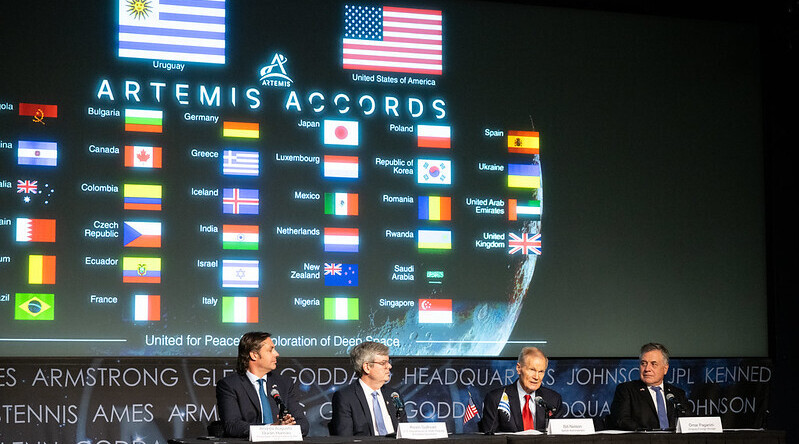The passage of legislation like the U.S. Inflation Reduction Act (IRA) was informed, in part, by a "climate geopolitics" narrative. Continued use of fossil fuels is seen both as harmful to the environment, particularly because of the climate shift it generates, while much of the revenues generated from the sale of oil and gas benefits authoritarian and revisionist regimes. By transitioning the economy to greater use of electric vehicles, emissions can be reduced while the wherewithal available to regimes that violate human rights at home or provoke conflict abroad can be cut off.
The environmental and political benefits of such an approach, however, create a new set of ethical dilemmas for policymakers—a different set of environmental and geopolitical questions that will need to be faced.
The first is the environmental impact of the mining and processing of the minerals and metals required to produce electric vehicle systems. In many parts of the world, the extraction of the core components leaves environmental scars on the land and is performed in less than optimal conditions for the workforce. Whereas oil and gas extraction historically has relied on a cadre of skilled laborers, mining for cobalt or lithium is often performed by unskilled laborers who can more easily be intimidated to accept poor working conditions. Mining also stresses access to water and creates waste that, if not properly handled, will lead to toxic conditions around mining sites. As The Guardian's Nina Lakhani reported earlier this year: "Lithium extraction has a track record of land and water pollution, ecosystem destruction and violations against Indigenous and rural communities."
In pursuit of a cleaner vehicle future, will the developed economies, particularly of the Global North and West, accept a higher degree of environmental contamination in their own societies to access the metals, minerals, and rare earths that are needed to power this transition? Or will the environmental costs be shunted largely to the countries of the Global South?
The second is the question of extraction versus development. How much of the "value added" to the supply chain for electric vehicle components will take place in the countries where the raw materials are mined or extracted? Will they see greater investment in the processing steps and even in the fabrication of components—ensuring that more of the "value" is passed along to the countries which are assuming a larger proportion of the environmental and health risks?
The problem with this, of course, is that such measures could increase the costs of electric vehicles—delaying the transition as consumers prefer to utilize hydrocarbon-consuming cars and trucks which are more affordable. It also undercuts the domestic rejuvenation aspects of legislation like the IRA, where the energy transition is promised to drive a new wave of domestic re-industrialization and economic growth.
Finally, the reality of the current global supply chains for electric vehicle components cannot escape the realty, as Siddarth Kara related to Newsweek’s Meredith Wolf Schizer, that "China cornered the global cobalt supply chain before anyone realized what was happening. They dominate copper-cobalt mining in the DRC, they dominate EV battery metal refining and they dominate rechargeable battery manufacturing." If the desire to deprive Russia of oil income after Vladimir Putin's decision to restart active operations against Ukraine in 2022 was part of the domestic U.S. push to accelerate the transition to electric vehicles, it will, at the same time, complicate efforts to decouple the U.S. and Chinese economies.
None of this should be taken as reasons for stopping the "green transition"—but policymakers must be cognizant of the ethical dilemmas. As Chris Albin-Lackey of the Columbia Center on Sustainable Investment has noted: “There are blueprints out there for responsible practice . . . [to] navigate some of these potential human rights and sustainability concerns." But it is yet another reminder that we do not choose between "ethical" and "non-ethical” options," but between different sets of values and interests.
Carnegie Council for Ethics in International Affairs is an independent and nonpartisan nonprofit. The views expressed within this article are those of the author and do not necessarily reflect the position of Carnegie Council.




